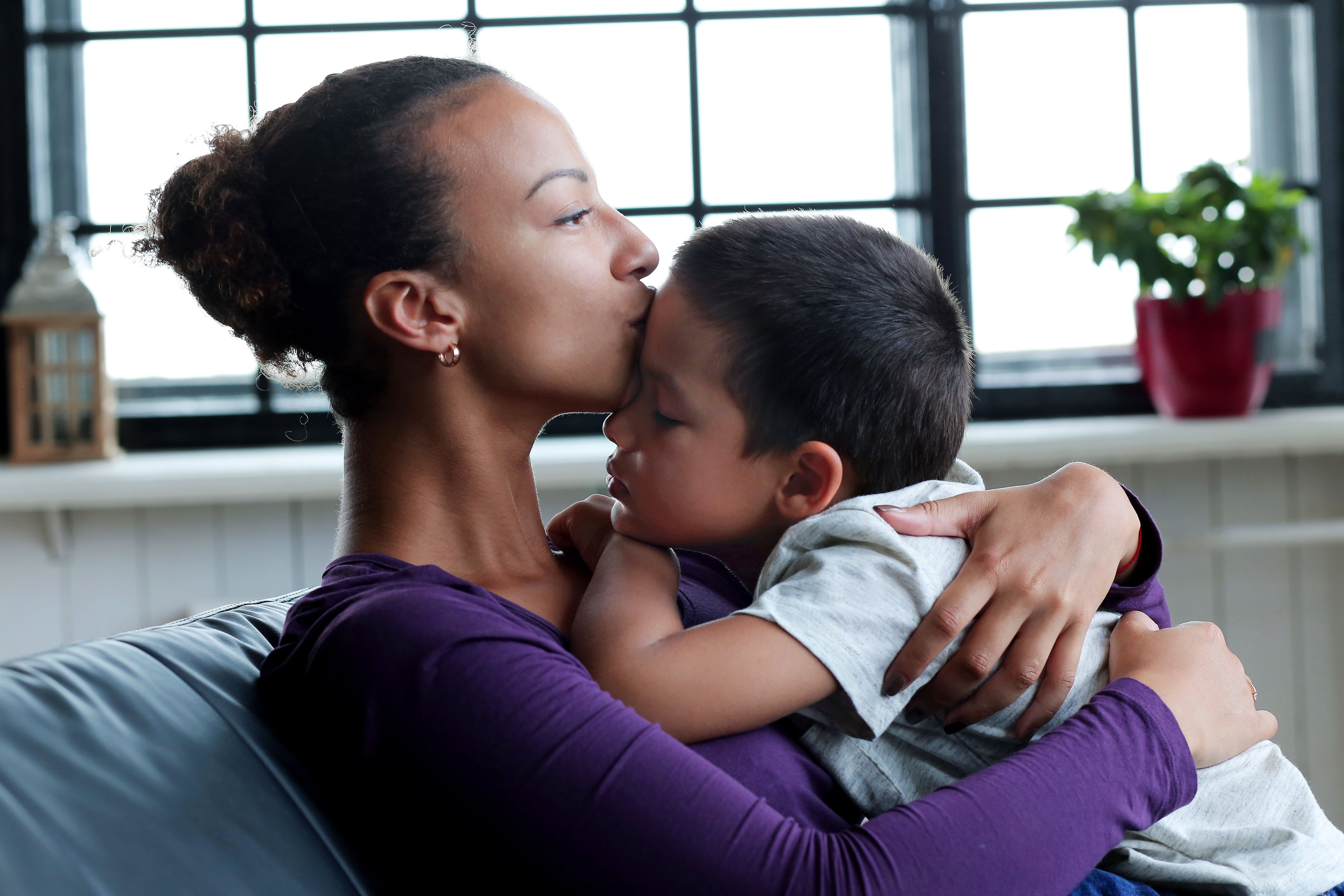Thoughts of suicide and self-harm can emerge when a child or teen feels overwhelmed by difficult emotions and can no longer endure them.
Everyday difficult emotions can include:
- sadness about not being invited to a friend's birthday party
- fear or worry about starting at a new school or camp
- anger and frustration when limits are set, for example screen time
- shame when caught doing something wrong
These, and similar, issues may not seem overwhelming to an adult but might be incredibly stressful for a child or teen. This is because they have less life experience and their brains are still developing well into their young adult years.
This makes it important for you as a parent or caregiver to acknowledge your child's emotions and encourage them to openly share their thoughts and feelings. Helping your child understand and talk about the emotions they experience in everyday life can help prepare them to better cope with more severe distress.
How children express their emotions
You may not always receive a clear message from your child about the emotions they are experiencing. Children often express emotions differently, depending on their developmental level.
Very young children may show their emotions through their behaviour or play. Older children may sometimes 'bottle up' or keep negative emotions inside. For instance, they may complain of aches and pains during times of stress but withdraw or respond with "I don't know" when asked how they feel. Other children might be outwardly irritable, aggressive or angry as a way to express their sadness or worry.
How to talk to your child about their emotions and any suicidal thoughts
Remember that feelings are not right or wrong
You can help your child come to terms with difficult emotions they experience by reminding them that all emotions are normal. Emotions such as sadness, anger, anxiety, depression and shame are just as valid, and important, as joy, excitement and happiness. All these emotions – both positive and negative – communicate information.
Be calm and supportive
If you want to sit down and talk with your child, make sure it is at a time when neither you nor your child feels rushed or pressured.
Talk to your child in a calm and supportive manner. Always let them know that you are there for them, accept them and what they are going through and try to listen to how they are feeling without interrupting, arguing or correcting.
Be specific and direct
If you have noticed some behaviour that concerns you, be specific about it. For instance, you might say, "I notice you are spending more time in your room and aren't going out with your friends as much. I just want to check in on how you're doing."
If you have noticed some of the possible warning signs of suicidal thoughts, ask your child directly about them. This tells them that it is ok to talk with you about their emotions. You might ask, for example, "Do you ever have feelings that you don't want to be here anymore?", "Do you ever wish you were dead?" or "Do you ever think about hurting yourself?"
Offer help
Ask your child what you can do to help them. For instance, do they want to spend more time talking with you or do they want to talk to a health-care professional or counsellor? You can also ask if you can help them get more involved in the activities that they enjoy.
Remind your child of the positives
While it is important to give your child time to express their negative emotions, don't forget about the positives. Ask your child about what is going well in their life and remind them of their strengths and of those who love them and are there for support.
When to seek medical help for your child's emotional difficulties
If your child experiences strong emotions and they last longer, or are more intense, than what would generally be expected, it may be cause for concern.
It may be helpful to talk to a health-care provider or other mental health professional if:
- you are concerned that your child is having trouble with their emotions
- other people in your child's life (teachers, friends, relatives) notice that stress is interfering with your child's schoolwork, friendships or involvement in activities.
Further information
For more information on protecting your child or teen from suicide or self-harm, please see the following pages:
Suicide in children and teens: Overview
Self-harm in children and teens: Overview
Suicide risk: Signs and symptoms
Suicide and self-harm: How to protect your child
Resources
In Canada, children and teens in distress can contact KidsHelpPhone on KidsHelpPhone.ca or call 1-800-688-6868.

